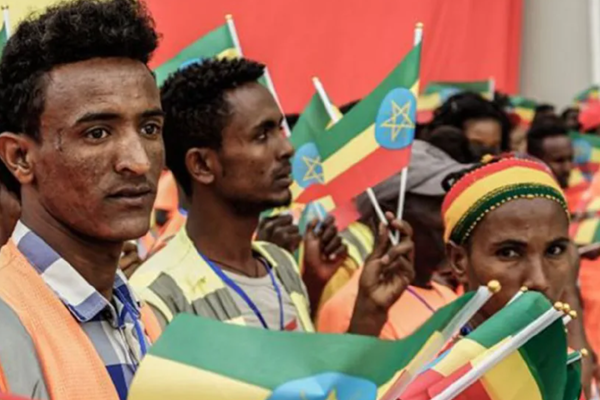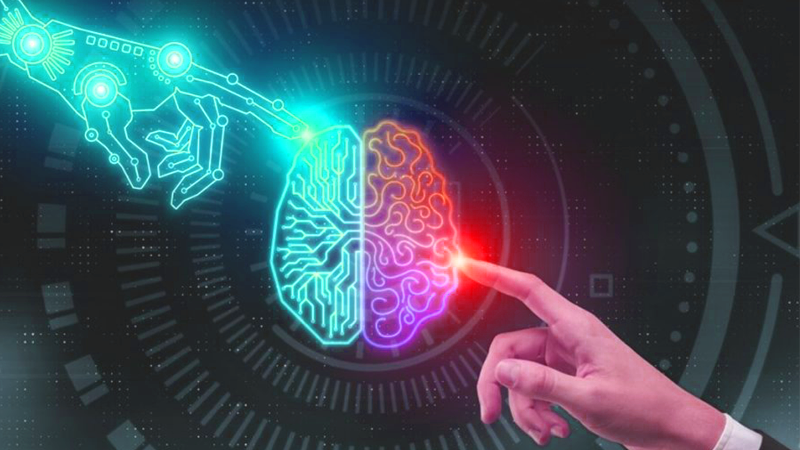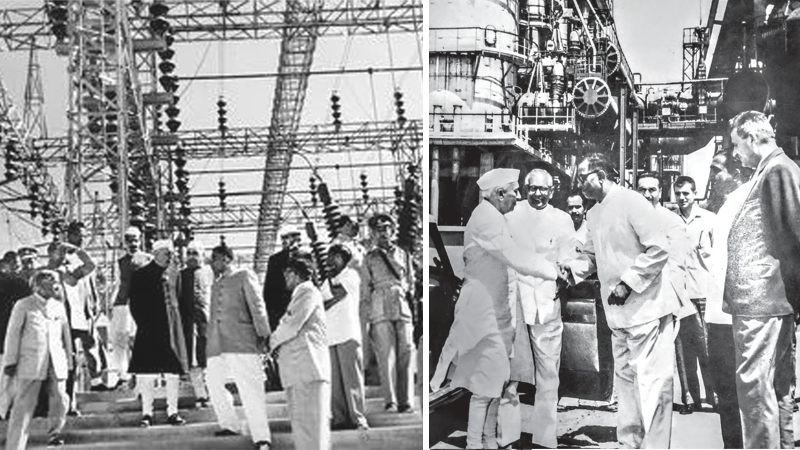Counting Castes, Counting Controversies: Supreme Court, the Census and the OBC Question
India's Strategic Pivot: From Palestinian Solidarity to Israeli Partnership – A Critical Examination
Once a vocal champion of the Palestinian cause, India's foreign policy has undergone a seismic and controversial shift. This editorial traces the journey from anti-colonial solidarity to strategic realignment, critically examining the drivers and moral costs of this new alliance.
In the intricate tapestry of global diplomacy, few transformations have been as stark as India's journey from being a vocal advocate for Palestine to becoming one of Israel's closest strategic and military partners. This fundamental reorientation of foreign policy, particularly accelerated under the Narendra Modi government, represents not merely a pragmatic adjustment but a profound ideological shift that demands critical scrutiny. This pivot, while yielding certain strategic dividends, raises urgent questions about the erosion of India's longstanding anti-colonial principles and its implications for both its domestic social fabric and its global standing.
The Founding Legacy: A Bedrock of Anti-Colonial Solidarity
India's stance on Palestine was originally forged in the fire of its own anti-colonial struggle. The voices of India's founding leaders resonated with a clear moral clarity that viewed the Palestinian question through the prism of justice and self-determination.
· Moral Clarity of the Founders: Mahatma Gandhi, in a 1938 editorial in Harijan, unequivocally stated, "Palestine belongs to the Arabs as much as England to the English." He viewed the Zionist project as a form of imposition, questioning the right of Jews to "return to Palestine" and demanding that any settlement require Arab assent. While he later acknowledged that "the Jews have a good case in Palestine" and a "prior claim," he insisted this be pursued through non-violence, not "forcible landing".
· Diplomatic Action: This philosophical foundation translated into concrete diplomatic action. Under Jawaharlal Nehru, India voted against the UN Partition Plan for Palestine in 1947 and again against Israel's admission to the UN in 1949. It was the first non-Arab state to recognize the Palestine Liberation Organization (PLO) as the sole representative of the Palestinian people in 1974 and one of the first to recognize the State of Palestine in 1988.
For decades, India's passport even bore the inscription "valid for all countries except Israel and South Africa," symbolically linking the struggles against Zionism and apartheid. This stance was a cornerstone of India's identity in the Non-Aligned Movement, reflecting a deep-seated commitment to anti-imperialism.
The Pragmatic Pivot: Drivers of the Pro-Israel Shift
The end of the Cold War and India's economic liberalization in the 1990s catalysed a dramatic recalibration of its foreign policy. The establishment of full diplomatic relations with Israel in 1992 under Prime Minister P.V. Narasimha Rao marked the beginning of a new, pragmatic era. This shift was driven by several converging factors:
The most tangible manifestation of the new India-Israel relationship is the deep, integrated defense cooperation. India is now Israel's largest client for military equipment, accounting for a staggering 37% of its arms exports. This goes beyond simple buyer-seller transactions.
· Joint Production and 'Make in India': Israeli defense giants like Elbit Systems and Israel Aerospace Industries now collaborate extensively with Indian corporate entities like the Adani Group. They co-produce advanced systems like the Hermes 900 (Drishti 10) drones on Indian soil, a key pillar of the "Make in India" initiative.
· Technology Transfer: The Indian Air Force's Tejas Mk-1A fighter jets are equipped with Israeli radars, missile systems, and helmet-mounted sights. The two nations have co-developed sophisticated missile defense systems like the Barak-8.
This partnership, while enhancing India's military capabilities, has created a powerful constituency with a vested economic and strategic interest in maintaining close ties, irrespective of Israel's actions on the international stage.
The Ideological Convergence: Hindutva and Zionism
Beyond pragmatism, a more profound and disquieting ideological alignment has been identified by analysts. The rise of Hindu nationalism (Hindutva) under the BJP has fostered a sense of kinship with political Zionism.
· Shared Ethnonationalist Vision: Scholars like Azad Essa argue that both Hindutva and Zionism are "expansionist and exclusionary" movements that envision their respective states as restorations of original Hindu and Jewish civilizations, subsequently "contaminated" by outsiders—namely, Muslims. Both envision extra-territorial ambitions of "Akhand Bharat" (Undivided India) and "Eretz Israel" (Greater Israel).
· Muslims as a Common "Other": Both ideologies construct Muslims as a common internal enemy threatening national security and identity. This has cultivated a domestic environment of Islamophobia, where support for Palestine is often framed as "anti-national" and a form of "Muslim appeasement". This has led to a noticeable suppression of pro-Palestinian voices in India, in stark contrast to the widespread public demonstrations in many Western nations.
This ideological sympathy has translated into diplomatic support. India has softened its criticism of Israeli settlements and, in a significant departure from the past, abstained on UN resolutions calling for a ceasefire in Gaza, with its statements carefully avoiding any direct condemnation of Israeli actions.
The Critical Reckoning: Costs and Contradictions
India's strategic shift, while delivering military and technological benefits, is fraught with moral and strategic contradictions that threaten to undermine its international standing.
· The Erosion of Moral Authority: India's historical voice was powerful precisely because it spoke from a position of anti-colonial principle. By aligning so closely with Israel, particularly during military operations in Gaza widely condemned by international bodies, India risks being perceived as abandoning its foundational values for Realpolitik. Its refusal to comment on South Africa's case against Israel at the International Court of Justice regarding genocide stands in stark contrast to its own legacy and its legal obligations as a signatory to the Genocide Convention.
· The Balancing Act with Arab Partners: This pro-Israel stance creates friction with Gulf Arab states, which are crucial for India's energy security and host millions of Indian expatriates. While the Abraham Accords provided some diplomatic cover, a prolonged and intense conflict could force these nations to publicly side with Palestine, potentially straining their ties with New Delhi.
· The Democratic Deficit at Home: The suppression of pro-Palestinian solidarity within India, through police clampdowns and social stigmatization, betrays the country's democratic ideals. It reveals how domestic majoritarian politics can silence legitimate foreign policy dissent and humanitarian concern.
At a Crossroads of Principle and Power
India stands at a diplomatic and ethical crossroads. The partnership with Israel, built on a foundation of strategic need and ideological affinity, has undoubtedly provided short-term gains, particularly in military modernization. However, this has come at the cost of compromising the moral authority and anti-colonial legacy that once defined its place in the world.
The path of unequivocal alignment may offer the illusion of strength, but true, enduring leadership on the global stage is derived from consistency, principle, and an unwavering commitment to universal human rights. As the situation in Palestine continues to demand a just and equitable solution, India faces a critical choice: will it be a silent accomplice to a crumbling status quo, or will it rediscover its voice and reclaim its role as a champion for the oppressed? For the world's largest democracy, the answer will define its soul for generations to come.
















